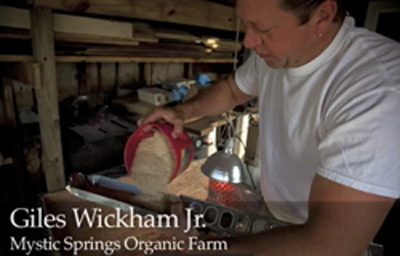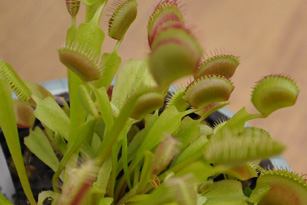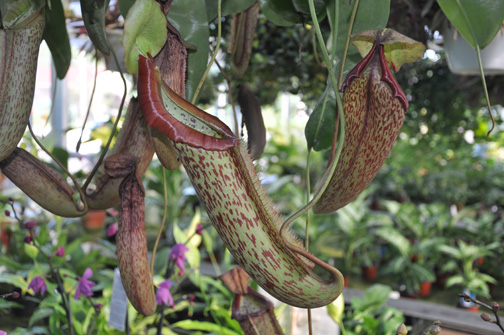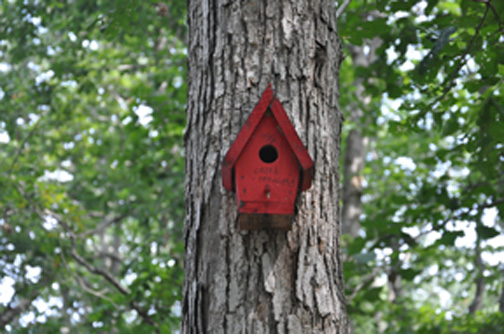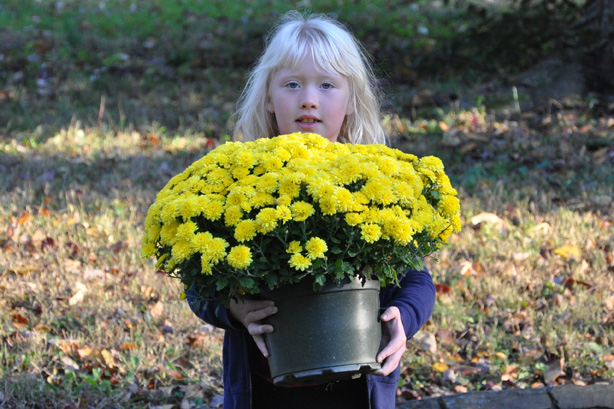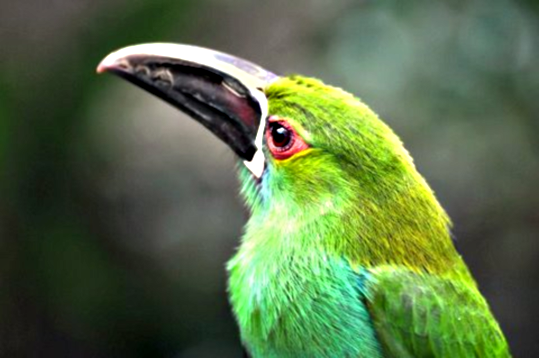CONSERVATION
 Global Conservation: A Critical Mission for Our Futureby Nicole Reggia In 2025, global conservation stands at a pivotal crossroads. With climate change intensifying, biodiversity loss accelerating, and ecosystems under increasing pressure from human activity, conservation is no longer a fringe concern—it is a global imperative. From the Amazon rainforest to the coral reefs of the Indo-Pacific, ecosystems that regulate the climate, purify air and water, and support food systems are rapidly degrading. The World Wildlife Fund reports that wildlife populations have declined by nearly 70% since 1970, underscoring the urgency of reversing this trend. Efforts are ramping up worldwide. Landmark international initiatives like the 30x30 goal—protecting 30% of the planet's land and ocean by 2030—are gaining momentum, with over 100 countries pledging support. Projects such as the Great Green Wall in Africa, rewilding initiatives in Europe, and large-scale marine protected areas in the Pacific are evidence of scalable solutions. Technology is also playing a transformative role; AI-powered monitoring, drone surveillance, and satellite imaging are now essential tools for tracking wildlife and deforestation in real-time. Individuals can contribute in powerful ways. Supporting certified sustainable products, reducing meat consumption, and cutting single-use plastic are small changes with large collective impact. People can also volunteer with or donate to conservation organizations, advocate for environmental policies, and vote with climate in mind. More than ever, conservation is not just about saving wildlife—it’s about securing a livable planet for future generations. As environmental challenges grow, so too must our global commitment to stewardship, innovation, and collective action. | |
|
| |
|
Coral Reef Conservation Accelerating pollution, rapid global warming and destructive fishing are decimating corals faster than they can adapt for survival. David Valaika, owner of Indian Valley Scuba, and his team of scuba divers are using effective, science-based management to sustain, preserve and restore valuable coral reef ecosystems. Indian Valley divers volunteer with The Coral Restoration Foundation (CRF) to assist in activities involving underwater nursery maintenance of coral as well as reef out planting. For more information and opportunities about this conservation organization dedicated to creating offshore nurseries and restoration programs, visit David and our friends at Indian Valley Scuba. learn more |
 Video written by Nicole Reggia, Produced by Dave Bock, Now That's Wild.com
Video written by Nicole Reggia, Produced by Dave Bock, Now That's Wild.com
- In the winter of 2006 millions of honeybees vanished from their hives. Without a trace, a strange phenomenon fell across the country with the sudden and massive die-off of millions of honeybees associated with Colony Collapse Disorder (CCD). Researchers continue to scramble to discover why. Read our Article that appeared in Local Living Green Magazine 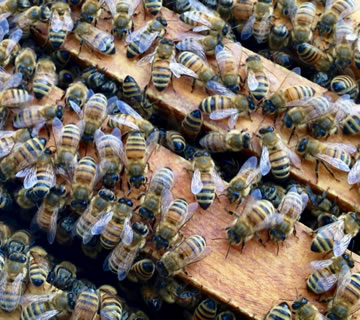 |
Fish Are In Trouble | |




